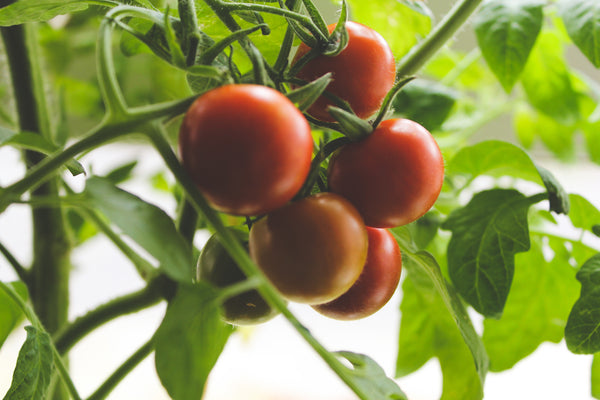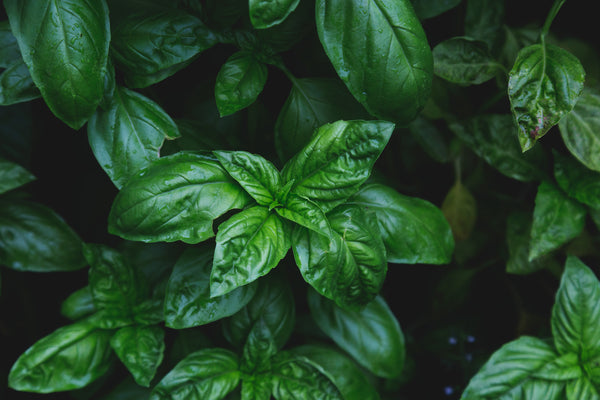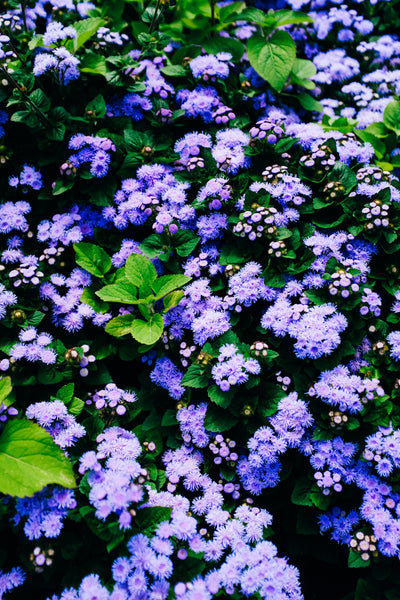
What are the benefits of using worm castings in my vegetable garden?
There are many benefits to using worm castings in your vegetable garden. Here are just a few:
-
Germination: Worm castings have long been known to be excellent for germination. If you're looking for an edge in your gardening, look no further than worm castings! Just a handful of worm castings can improve germination rates significantly.
-
Healthier Plants: Worm castings make for healthier plants - it's the poop of earthworms that contains high levels of nutrients and beneficial microbes that can help plants to better uptake water and resist disease
-
+200% Increased Yield: Did you know that worm castings can increase crop yields by 200%? That's right, by simply using worm castings, plants yielded 57% to 200% more than those grown without any other difference, according to a study by the University of California.

When should I use worm castings in my organic vegetable garden?
Worm castings are rich in beneficial bacteria and microorganisms that help to break down organic matter, boost plant growth, and improve soil structure. So when should you use them in your garden? There's no set rule for this, as it depends on a variety of factors including climate, soil quality, and the specific plants you are growing. However, three good guidelines include adding worm castings at the time of:-
Starting Seeds Indoors: Incorporate worm castings into your seed starting mix or potting soil. Our Worm Casting Seedling Mix is perfectly pre-mixed with worm castings, a recipe we have been perfecting for +3 years.
-
Direct Sowing: Cover your seeds with a handful of worm castings to experience higher germination rates.
-
Transplanting seedlings: Scoop one handful of worm castings into the base of the hole you’re transplanting a seedling into and a second handful sprinkled around the stem of the plant where it enters the soil.

A handful of worm castings in the bottom of your transplant hole ensures the microbes and beneficial bacteria end up directly in the root zone.
Ultimately, the key is to experiment and find out what works best for your garden using worm castings and other natural growing methods.
What’s the best worm castings to soil ratio?
When it comes to improving the quality of your soil, few things are as effective as worm castings. But when it comes to using worm castings in your garden, it can be difficult to know the right ratio.
Worm Castings vs. Seed Starting Mix - Starting Seeds Indoors
Are worm castings better than compost?
There’s no shortage of amendments to consider adding to your garden, so which one is best? When comparing worm castings to compost, it seems that worm castings have some clear benefits.
And unlike compost, all of the organic matter is broken down in the digestive tract of the worm at which point it is coated with beneficial bacteria and enzymes. This unique decomposition process can’t be replicated, and is why worm castings are considered mother nature’s fertilizer!

Compost is a great material to be building into the garden, but lacks the bacteria, enzymes, and microbial life of worm castings. But, using them in conjunction with an organic fertilizer will nearly guarantee you a thriving garden!
Can I use worm castings instead of fertilizer?
With the countless fertilizer options available, it can sometimes be difficult to choose between using fertilizer and worm castings.
On the one hand, fertilizer often contains a mix of synthetic chemicals and nutrients that help plants grow more quickly. But while this can be beneficial in the short term, many of these chemicals can themselves be harmful to delicate vegetable crops over time.
Meanwhile, worm castings are composed entirely of organic material produced by earthworms, which provides a complete source of nutrients for plants. Furthermore, since they are packed with beneficial microbes that promote healthy soil growth, worm castings also increase the overall health and vitality of your garden over time.

When you're ready to start using worm castings in your garden, be sure to check out our Pure Worm Castings or Worm Casting Seedling Mix. This mix is designed for new gardeners or those who want an easy and convenient way to add worm castings to their gardens. It's also a great way to introduce kids to gardening! Ready to get started? Buy the Worm Casting Seedling Mix today.



